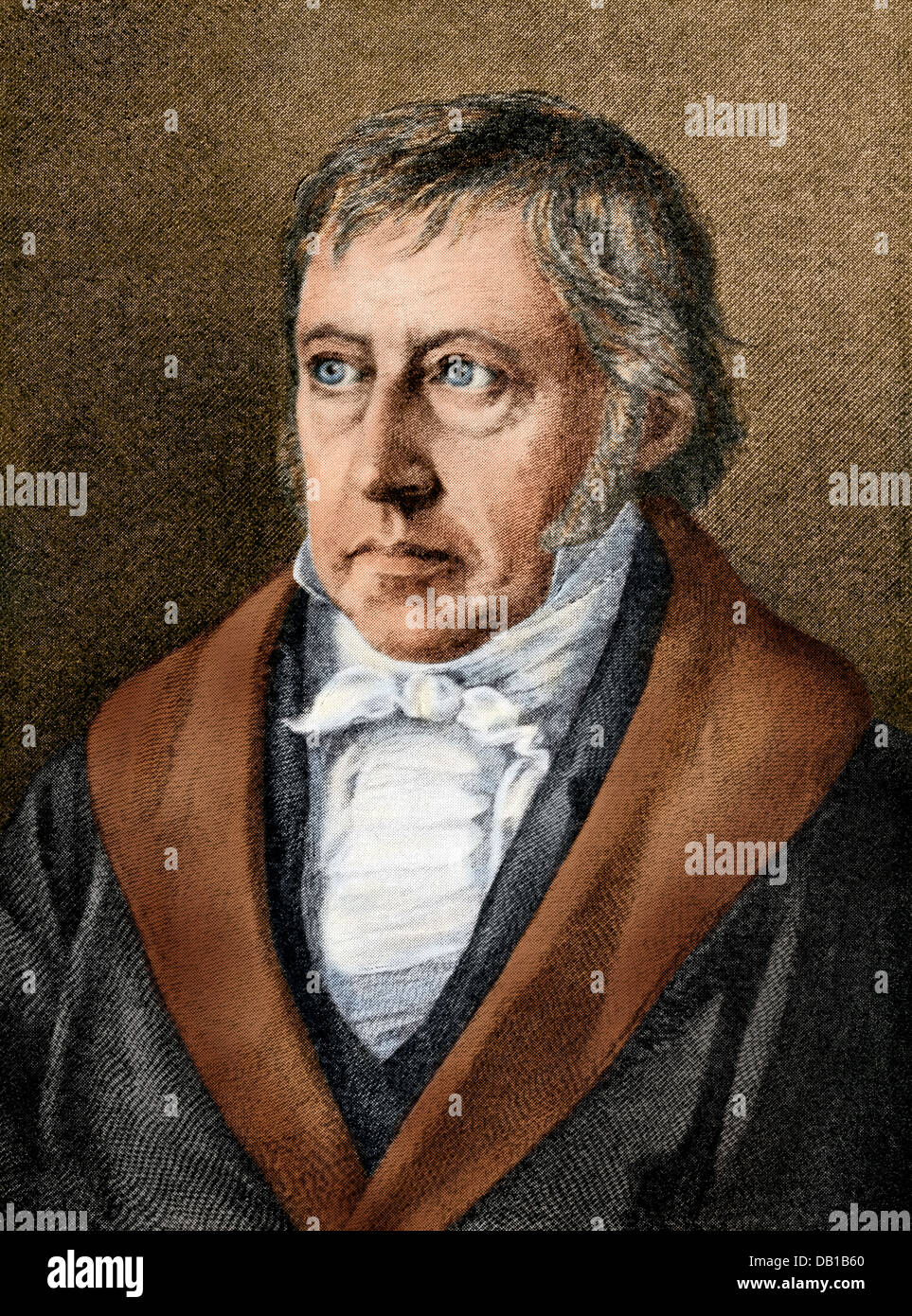For Erich Fromm, true activity means to fully use one’s talents and abilities in order to grow as a person. The mere display of being busy is, in Fromm’s opinion, not a sign of productive work. Modern society, which relies on hierarchy and alienated work, tends to favour busy-ness over productive activity.
This article is part of The Ultimate Guide to the Philosophy of Erich Fromm.
If you like reading about philosophy, here’s a free, weekly newsletter with articles just like this one: Send it to me!
This is the psychologist and philosopher Erich Fromm writing about what it really means to be an active person. For Fromm, being active does not mean being busy.
The Happier Society. Erich Fromm and the Frankfurt School.
In this book, philosophy professor, popular author and editor of the Daily Philosophy web magazine, Dr Andreas Matthias takes the reader on a tour, looking at how society influences our happiness. Following Erich Fromm, the Frankfurt School, Aldous Huxley and other thinkers, we go in search of wisdom and guidance on how we can live better, happier and more satisfying lives today.
This is an edited and expanded version of the articles published on tis site.
Get it now! Click here!
Erich Fromm on activity and busyness
Modern busyness (and business) is all too often only about showing off how busy one is, about “hustling,” which, interestingly, today has become a synonym for freelance work.
But how productive is such busyness really?
For Fromm, to be active…
In this sense, Fromm’s “activity” is similar to what Richard Taylor called “creativity,” and what Aristotle would call flourishing: the use of one’s mind and one’s talents, of one’s whole personality, in order to grow and become a better, richer person, one who is able to give more to others rather than take.

Richard Taylor on the Creative Life
Richard Taylor (1919–2003) thought that it’s creativity that makes us …
Read the full article which is published on Daily Philosophy (external link)






